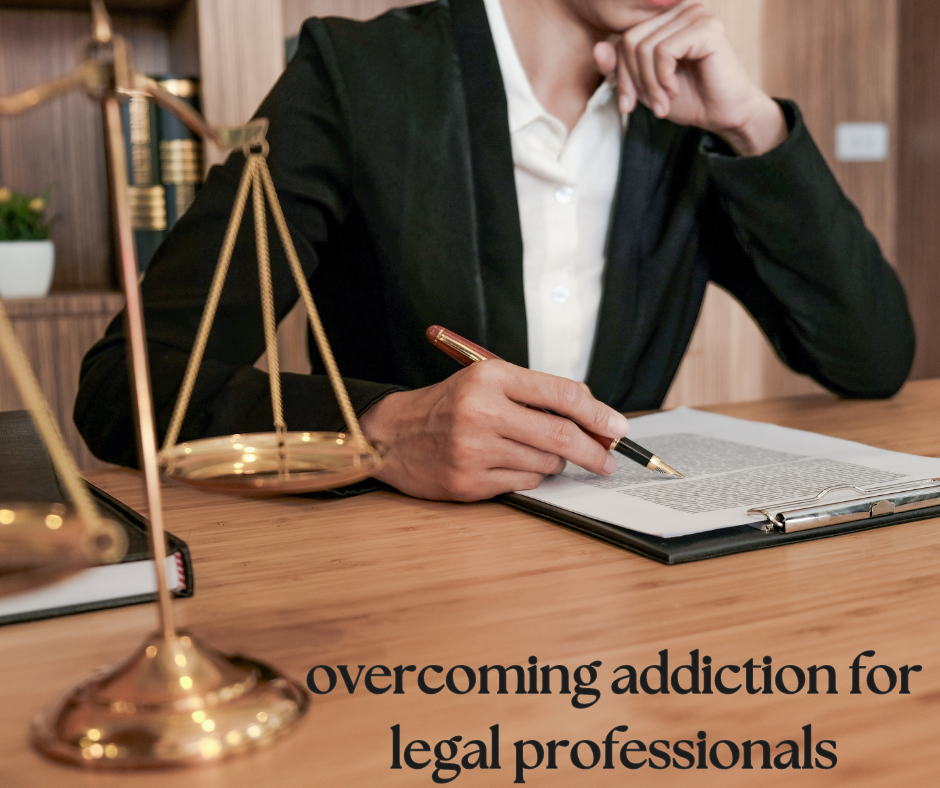
In the world of law, where dedication, long hours, and high-stress environments are commonplace, the journey to overcoming addiction can be particularly challenging yet profoundly transformative. Legal professionals, including attorneys, judges, and law enforcement personnel, face unique pressures that can contribute to substance abuse and addiction. However, many individuals within the legal profession are also finding the strength and resilience to confront these challenges head-on and embark on a path to recovery.
Legal professionals often experience high levels of stress due to the nature of their work. The pressures of handling complex cases, meeting deadlines, and representing clients’ interests can create an environment ripe for emotional strain and burnout. For some, these stressors may lead to the use of substances as a coping mechanism, eventually resulting in addiction.
Recognizing the need for support and intervention, many legal professionals are taking proactive steps towards recovery. One critical aspect of this journey is seeking confidential and specialized treatment programs tailored to the needs of legal professionals. These programs offer a safe and understanding environment where individuals can address their addiction issues without fear of judgment or professional repercussions.
In addition to formal treatment programs, legal professionals are increasingly turning to peer support groups and mentorship networks within the legal community. These networks provide a valuable opportunity for individuals in recovery to connect with others who understand their unique challenges and experiences. Peer support groups offer a sense of camaraderie, encouragement, and accountability, which can be instrumental in maintaining sobriety and navigating the complexities of legal practice.
Moreover, legal professionals in recovery often benefit from adopting holistic approaches to wellness. Practices such as mindfulness meditation, yoga, and exercise not only promote physical health but also help individuals manage stress, reduce cravings, and enhance overall well-being. By incorporating these practices into their daily lives, legal professionals can cultivate resilience and develop healthier coping mechanisms.
Another crucial aspect of overcoming addiction for legal professionals is addressing underlying issues such as perfectionism, stress, and work-life balance. Therapeutic interventions, including cognitive-behavioral therapy (CBT) and stress management techniques, can help individuals develop new skills and strategies for managing these challenges effectively.
Furthermore, maintaining ongoing support and accountability post-treatment is essential for long-term recovery success. Legal professionals often benefit from participating in aftercare programs, attending regular counseling sessions, and engaging in relapse prevention strategies to safeguard their sobriety and well-being.
While addiction can pose significant challenges for legal professionals, it is a journey that many are successfully navigating with determination, support, and a commitment to personal growth. By addressing the unique stressors of the legal profession, seeking specialized treatment, embracing holistic wellness practices, and fostering a supportive community, legal minds are overcoming addiction and thriving in both their professional and personal lives.